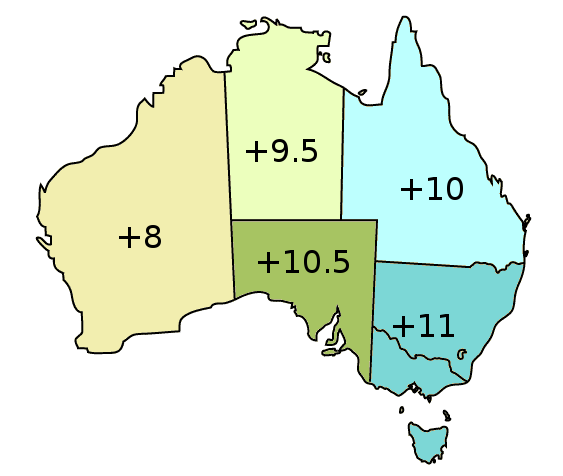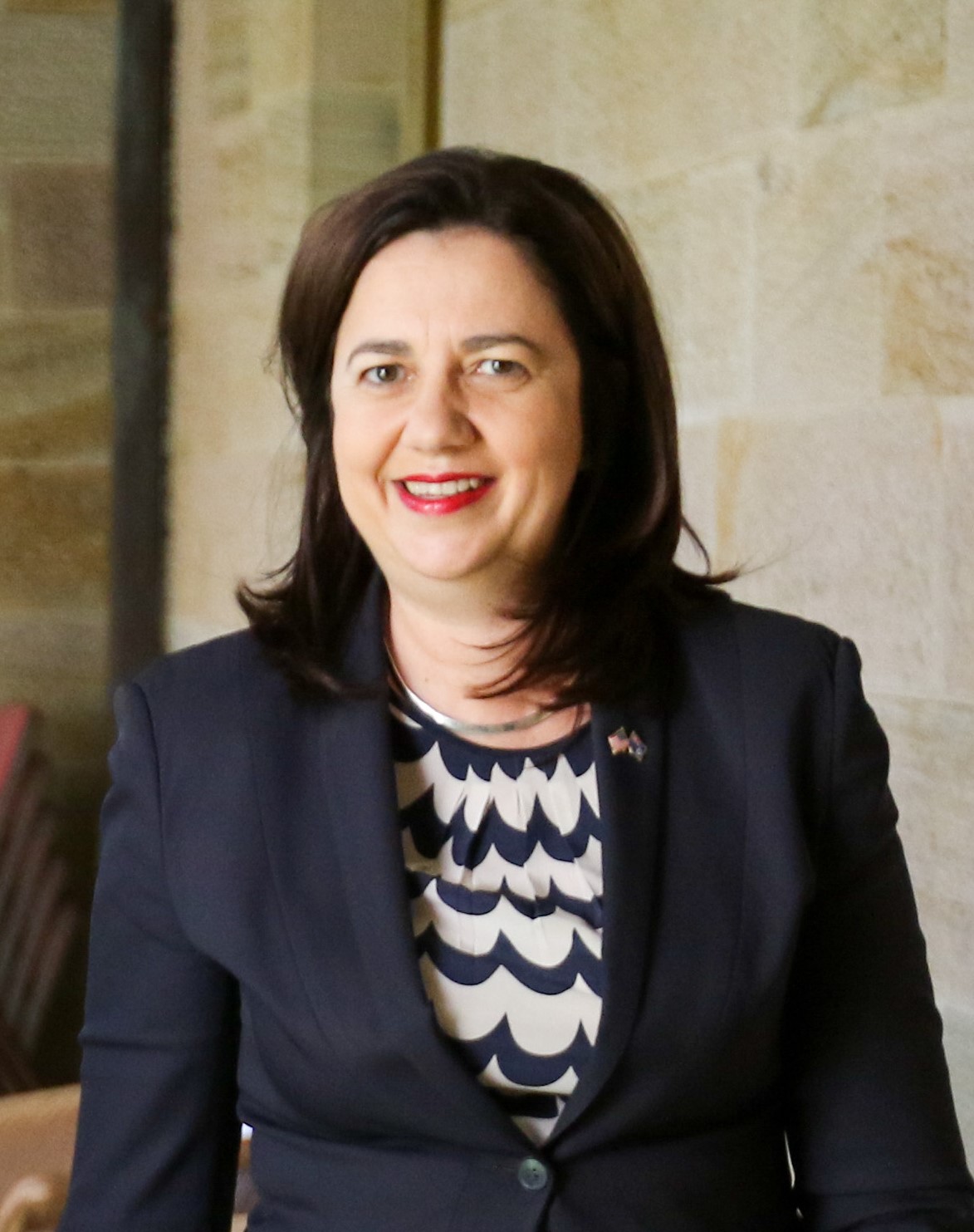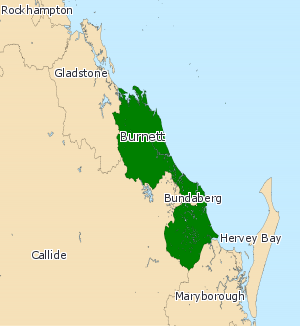|
Windermere, Queensland
Windermere is a rural locality in the Bundaberg Region, Queensland, Australia. In the Windermere had a population of 184 people. Geography Pemberton is a neighbourhood in the south of the locality (). History Windermere State School opened on 1922 and closed on circa 1942. Barolin Provisional School opened in 1884. On 1 November 1886 it became Barolin State School. It closed in 1974. It was located 14 School Lane () on the north-west corner of its intersection with Elliott Heads Road. In 1995 the Coral Coast Christian Church congregation was established from the Bundaberg Baptist Church. In 2000 the church building was erected. In the Windermere had a population of 184 people. Heritage listings Windermere has a number of heritage-listed sites, including: * 94 Windermere Road: Sunnyside Sugar Plantation Sunnyside Sugar Plantation is the heritage-listed remains of a former sugar plantation at 94 Windermere Road, Windermere, Bundaberg Region, Queensland, Australia. It ... [...More Info...] [...Related Items...] OR: [Wikipedia] [Google] [Baidu] |
AEST
Australia uses three main time zones: Australian Western Standard Time (AWST; UTC+08:00), Australian Central Standard Time (ACST; UTC+09:30), and Australian Eastern Standard Time (AEST; UTC+10:00). Time is regulated by the individual state governments, some of which observe daylight saving time (DST). Australia's external territories observe different time zones. Standard time was introduced in the 1890s when all of the Australian colonies adopted it. Before the switch to standard time zones, each local city or town was free to determine its local time, called local mean time. Now, Western Australia uses Western Standard Time; South Australia and the Northern Territory use Central Standard Time; while New South Wales, Queensland, Tasmania, Victoria (Australia), Victoria, Jervis Bay Territory, and the Australian Capital Territory use Eastern Standard Time. Daylight saving time (+1 hour) is used in jurisdictions in the south and south-east: South Australia, New South Wales, Vict ... [...More Info...] [...Related Items...] OR: [Wikipedia] [Google] [Baidu] |
Suburbs And Localities (Australia)
Suburbs and localities are the names of geographic subdivisions in Australia, used mainly for address purposes. The term locality is used in rural areas, while the term suburb is used in urban areas. Australian postcodes closely align with the boundaries of localities and suburbs. This Australian usage of the term "suburb" differs from common American and British usage, where it typically means a smaller, frequently separate residential community outside, but close to, a larger city. The Australian usage is closer to the American or British use of "district" or "neighbourhood", and can be used to refer to any portion of a city. Unlike the use in British or American English, this term can include inner-city, outer-metropolitan and industrial areas. Localities existed in the past as informal units, but in 1996 the Intergovernmental Committee on Surveying and Mapping and the Committee for Geographical Names in Australasia (CGNA) decided to name and establish official boundarie ... [...More Info...] [...Related Items...] OR: [Wikipedia] [Google] [Baidu] |
Sunnyside Sugar Plantation
Sunnyside Sugar Plantation is the heritage-listed remains of a former sugar plantation at 94 Windermere Road, Windermere, Bundaberg Region, Queensland, Australia. It was built in s by South Sea Islander labour. It is also known as Dry-rubble Boundary Wall. It was added to the Queensland Heritage Register on 13 May 1996. History The former Sunnyside sugar plantation, which initially comprised , is situated on Windermere Road, to the east of Bundaberg. The property was established by Edward Turner in 1875, and used to grow sugar from the early 1880s, in which work South Sea Islanders were employed until the turn of the century. In 1884 Turner established a juice mill on the property, piping his cane juice to the Millaquin refinery. Remnants of the sugar plantation era include two weeping fig trees (Ficus benjamina), an area of 29 burials in three rows, as well as a dry-rubble wall along Windermere Road. Initially the wall extended almost the full road frontage of Portion 85, bu ... [...More Info...] [...Related Items...] OR: [Wikipedia] [Google] [Baidu] |
Heritage-listed
This list is of heritage registers, inventories of cultural properties, natural and man-made, tangible and intangible, movable and immovable, that are deemed to be of sufficient heritage value to be separately identified and recorded. In many instances the pages linked below have as their primary focus the registered assets rather than the registers themselves. Where a particular article or set of articles on a foreign-language Wikipedia provides fuller coverage, a link is provided. International *World Heritage Sites (see Lists of World Heritage Sites) – UNESCO, advised by the International Council on Monuments and Sites *Representative list of the Intangible Cultural Heritage of Humanity (UNESCO) *Memory of the World Programme (UNESCO) *Globally Important Agricultural Heritage Systems (GIAHS) – Food and Agriculture Organization *UNESCO Biosphere Reserve * European Heritage Label (EHL) are European sites which are considered milestones in the creation of Europe. At th ... [...More Info...] [...Related Items...] OR: [Wikipedia] [Google] [Baidu] |
Queensland Government
The Queensland Government is the democratic administrative authority of the Australian state of Queensland. The Government of Queensland, a parliamentary constitutional monarchy was formed in 1859 as prescribed in its Constitution, as amended from time to time. Since the Federation of Australia in 1901, Queensland has been a State of Australia, with the Constitution of Australia regulating the relationships between all state and territory governments and the Australian Government. Under the Australian Constitution, all states and territories (including Queensland) ceded powers relating to certain matters to the federal government. The government is influenced by the Westminster system and Australia's federal system of government. The Governor of Queensland, as the representative of Charles III, King of Australia, holds nominal executive power, although in practice only performs ceremonial duties. In practice executive power lies with the Premier and Cabinet. The Cabinet of ... [...More Info...] [...Related Items...] OR: [Wikipedia] [Google] [Baidu] |
Queensland Family History Society
The Queensland Family History Society (QFHS) is an incorporated association formed in Brisbane, Queensland, Australia. History The society was established in 1979 as a non-profit, non-sectarian, non-political organisation. They aim to promote the study of family history local history, genealogy, and heraldry, and encourage the collection and preservation of records relating to the history of Queensland families. At the end of 2022, the society relocated from 58 Bellevue Avenue, Gaythorne Gaythorne is a suburb in the City of Brisbane, Queensland, Australia. In the , Gaythorne had a population of 3,023 people. Geography Gaythorne is located seven kilometres north-west of the Brisbane central business district. It is bounded to ... () to its new QFHS Family History Research Centre at 46 Delaware Street, Chermside (). References External links * Non-profit organisations based in Queensland Historical societies of Australia Libraries in Brisbane Family hist ... [...More Info...] [...Related Items...] OR: [Wikipedia] [Google] [Baidu] |
Queensland
) , nickname = Sunshine State , image_map = Queensland in Australia.svg , map_caption = Location of Queensland in Australia , subdivision_type = Country , subdivision_name = Australia , established_title = Before federation , established_date = Colony of Queensland , established_title2 = Separation from New South Wales , established_date2 = 6 June 1859 , established_title3 = Federation , established_date3 = 1 January 1901 , named_for = Queen Victoria , demonym = , capital = Brisbane , largest_city = capital , coordinates = , admin_center_type = Administration , admin_center = 77 local government areas , leader_title1 = Monarch , leader_name1 = Charles III , leader_title2 = Governor , leader_name2 = Jeannette Young , leader_title3 = Premier , leader_name3 = Annastacia Palaszczuk ( ALP) , legislature = Parliament of Queensland , judiciary = Supreme Court of Queensland , national_representation = Parliament of Australia , national_representation_type ... [...More Info...] [...Related Items...] OR: [Wikipedia] [Google] [Baidu] |
Bundaberg Region
The Bundaberg Region is a local government area in the Wide Bay–Burnett region of Queensland, Australia, about north of Brisbane, the state capital. It is centred on the city of Bundaberg, and also contains a significant rural area surrounding the city. It was created in 2008 from a merger of the City of Bundaberg with the Shires of Burnett, Isis and Kolan. The Bundaberg Regional Council, which administers the Region, has an estimated operating budget of A$89 million. History Prior to the 2008 amalgamation, the Bundaberg Region existed as four distinct local government areas: * the City of Bundaberg; * the Shire of Burnett; * the Shire of Isis; * and the Shire of Kolan. Local government in the Bundaberg area began on 11 November 1879 with the creation of 74 divisions around Queensland under the ''Divisional Boards Act 1879''. These included the Barolin, Burrum and Kolan divisions. The first eight years saw several areas break away and become self-governing due to inc ... [...More Info...] [...Related Items...] OR: [Wikipedia] [Google] [Baidu] |
Ashfield, Queensland
Ashfield is a mixed residential and rural Suburbs and localities (Australia), locality in the Bundaberg Region, Queensland, Australia. In the , Ashfield had a population of 793 people; and in the population increased to 1,152 people, which represents a growth of approximately 45%. Geography Ashfield is on the eastern edge of the city of Bundaberg, approximately by road from Bundaberg CBD, by road from the coastal town of Bargara and by road from the state capital Brisbane. It is bordered by Kalkie to the North, Windermere, Queensland, Windermere to the East, Woongarra, Queensland, Woongarra to the South and Kepnock, Queensland, Kepnock to the West. The suburb covers an area of approximately 4.9 square kilometres, and comprises two public parks that represent nearly 1.4% of the land area. While still a rural locality with some farming areas, residential development is growing in the west with construction of three suburban estates. The farming and residential districts are ... [...More Info...] [...Related Items...] OR: [Wikipedia] [Google] [Baidu] |
Electoral District Of Burnett
Burnett is an electoral division of the Legislative Assembly of Queensland in central Queensland, Australia. It covers most of the coastal region south of Gladstone, as well as coastal and inland regions completely surrounding the district of Bundaberg. Towns within its boundaries include Miriam Vale, Agnes Water, Rosedale, Bargara, Woodgate and Childers. The Burnett River flows through the electoral district, hence its name. Members for Burnett Election results References * Waterson, Duncan Bruce: Biographical Register of the Queensland Parliament 1860–1929 (second edition), Sydney 2001. * Waterson, Duncan Bruce: Biographical register of the Queensland Parliament 1930–1980 w.an outline of Queensland electorates 1859–1980 / D.B. Waterson and John Arnold External links Electorate Profile(Antony Green Antony John Green (born 2 March 1960) is an Australian psephologist and commentator. He is the Australian Broadcasting Corporation's chief election anal ... [...More Info...] [...Related Items...] OR: [Wikipedia] [Google] [Baidu] |
Rubyanna, Queensland
Rubyanna is a rural locality in the Bundaberg Region, Queensland, Australia. In the Rubyanna had a population of 244 people. History The name ''Rubyanna'' comes from the sugarcane plantation of surveyor John Charlton Thompson John Thompson Charlton, also known as John Charlton Thompson (1826 – 26 November 1878) was a politician in colonial Victoria (Australia), a member of the Victorian Legislative Council. Early life Charlton was born in Hull, Yorkshire, England, ..., whose plantation was supposedly named for his wife. Rubyanna Provisional School opened circa 1899 and closed on 1905. In the Rubyanna had a population of 244 people. Amenities Bundaberg Bible Church is at 400 Bargara Road (). References External links Bundaberg Region Localities in Queensland {{Queensland-geo-stub ... [...More Info...] [...Related Items...] OR: [Wikipedia] [Google] [Baidu] |
Kalkie, Queensland
Kalkie is a suburb of Bundaberg in the Bundaberg Region, Queensland, Australia. In the , Kalkie had a population of 2,692 people. Geography Kalkie is bounded to the west by the Burnett River. History Kalkie State School opened on 11 February 1878. A Primitive Methodist church was built at South Kalkie in 1878. Thirty years later it was relocated to Seaview Road, Bargara. A Primitive Methodist church was built in Kalkie on Sunday 4 August 1878. It was sold many years later. St Luke's Anglican School opened in 1994. In the , Kalkie had a population of 2,410 people. In the , Kalkie had a population of 2,692 people. Heritage listings Kalkie has a number of heritage-listed properties, including: * 257 Bargara Road: Kalkie State School Education Kalkie State School is a government primary (Prep-6) school for boys and girls at Bargara Road (). In 2018, the school had an enrolment of 235 students with 22 teachers (19 full-time equivalent) and 20 non-teaching staff (11 ful ... [...More Info...] [...Related Items...] OR: [Wikipedia] [Google] [Baidu] |

.jpg)


